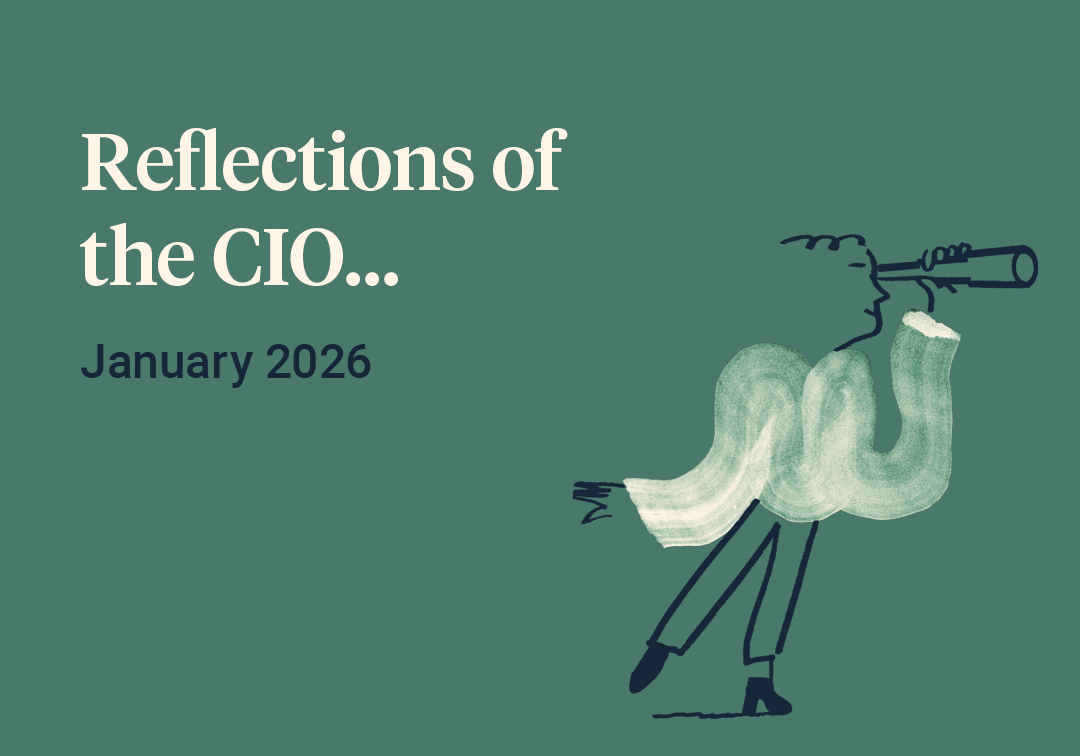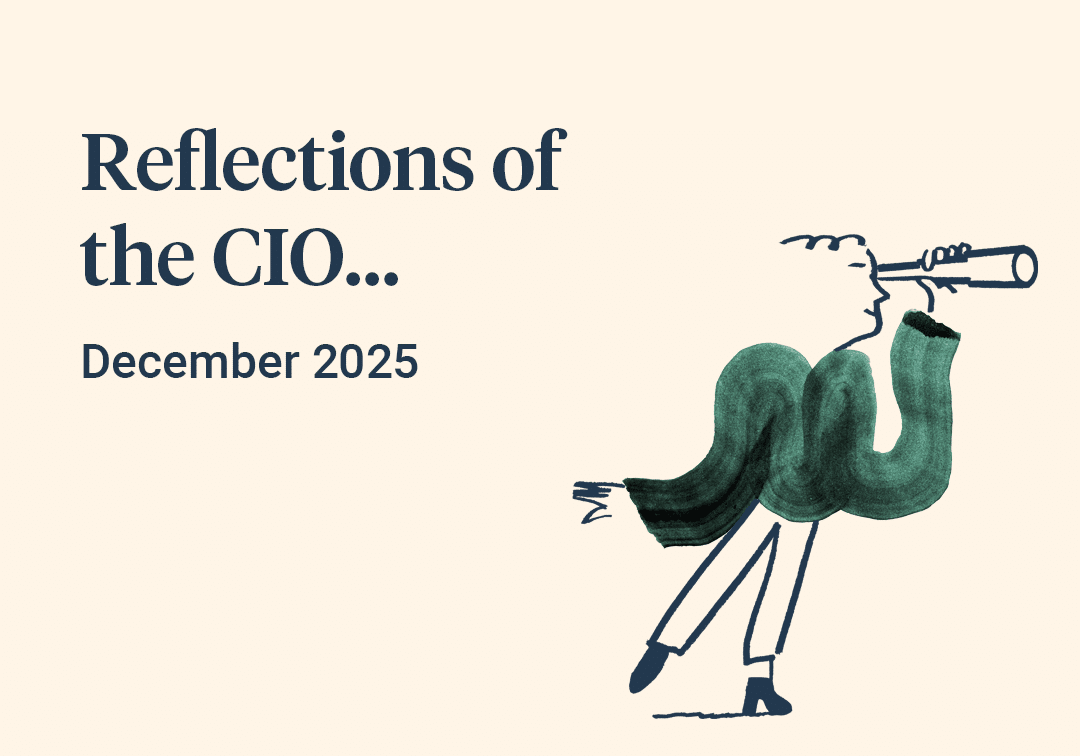Overall, the summer of 2023 was a positive period in world markets, at least until the early part of August, when a period of aggressive profit taking reversed some of the progress of the preceding two months. This progress was most noticeable in equity markets, with gains driven by a resilient US economy in particular, and corporate earnings results more generally. As we look to the final part of the year, the long anticipated impact of rising interest rates has yet to be felt in any meaningful way by most economies and we think this ‘lack of disaster’ has been behind the general grind upwards in riskier assets year to date.
Perhaps the most impressive thing about the equity market’s performance so far has been that it happened despite the negative influence of a very shaky global bond market. August in particular was a poor month for bonds, as market prices adjusted to reflect not only the deteriorating fiscal position of governments, but also the realisation that interest rates would have to stay ‘higher for longer’ in order to win the battle against inflation. Although progress on inflation fighting has generally been good this year, there is a growing awareness that the easy part of the journey is now complete. Further progress in pushing inflation lower will probably require ongoing, sustained pressure from high interest rates for a while yet, a view that bond market investors were reluctant to price in until very recently.
Adding to the sober mood of early August was a sharp increase in worry about the performance of the Chinese economy. Despite multiple initiatives from the Chinese government to alleviate the pressure from a property market bust, the gloomy mood of Chinese consumers and foreign investors was not improving. There was a growing sense that intervention on a much larger scale would be needed to restore confidence and that did not look like it would be forthcoming in the near term. The economic news from the UK and Europe was also underwhelming, with significant uncertainty surrounding the question of how far higher the respective central banks could push interest rates without prompting a nasty recession.



